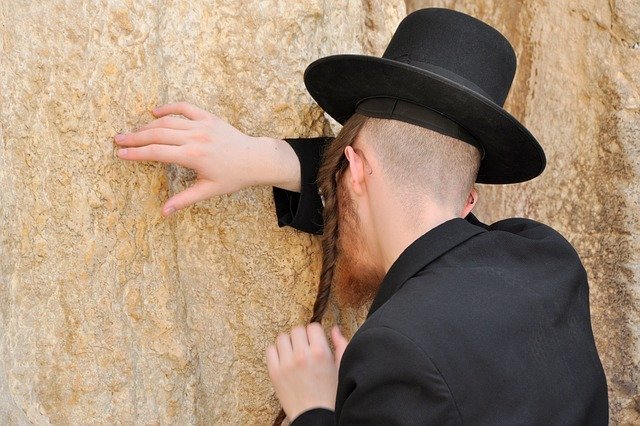Leviticus. The way of the Levites. That tribe that was set apart because they feared God at the time of Mt. Sinai.
— We learn from the burnt offerings and sin offerings that we need atonement for our sins and only blood can do that. While the blood of bulls and goats covered their sin temporarily, we kept having to come back to the sacrifice. Until Jesus.
— We learn from the purification offerings that we need to be clean. Ceremonially clean. Jesus cleanses our conscience (Heb 9:13-14).
— We learn from the Feast of Unleavened Bread, the Feast of the Tabernacles and other feasts that we should remember the things that God has done. It’s a way of reminding ourselves, telling the next generation and giving glory to the Lord for His Greatness. We need to make these things big deals. Especially the death and resurrection of Jesus.
–We learn from the Harvest Feast that God deserves our firstfruits, not our leftovers. He deserves what is most expensive, not what is cheapest. And it is to Him that provision comes. For which we thank him. Not when we have it all at the end, but when it first starts to come at the beginning.
–We learn that He is holy. To defile or dishonor his name brought the death penalty. We are to treat Him as sacred. He is not to be treated casually. Yes, we are His children, but he still deserves honor and respect. And sometimes that respect meant taking action against those who defiled him. And while we do not enact that same death penalty now, the truth remains that we still must uphold the honor of God. And not compromise our values in worship of Him.
— We learn that we too are holy. We must act, live and look different than those around us as we walk in holiness and righteousness. Not compromising. But staying the course. Not justifying our sin, or the sins of others, but maintaining God’s honor.
–We learn that the Lord drove out nations and the land vomited out peoples that 1) Harmed babies, 2) Exercised sexual liberty, and 3) Dishonored parents. We should tremble. And take action.
— We learned that we should act righteously and fairly to all peoples, but especially to those of the faith.
–We learn that our fear of God needs to be greater than our fear of conflict.


